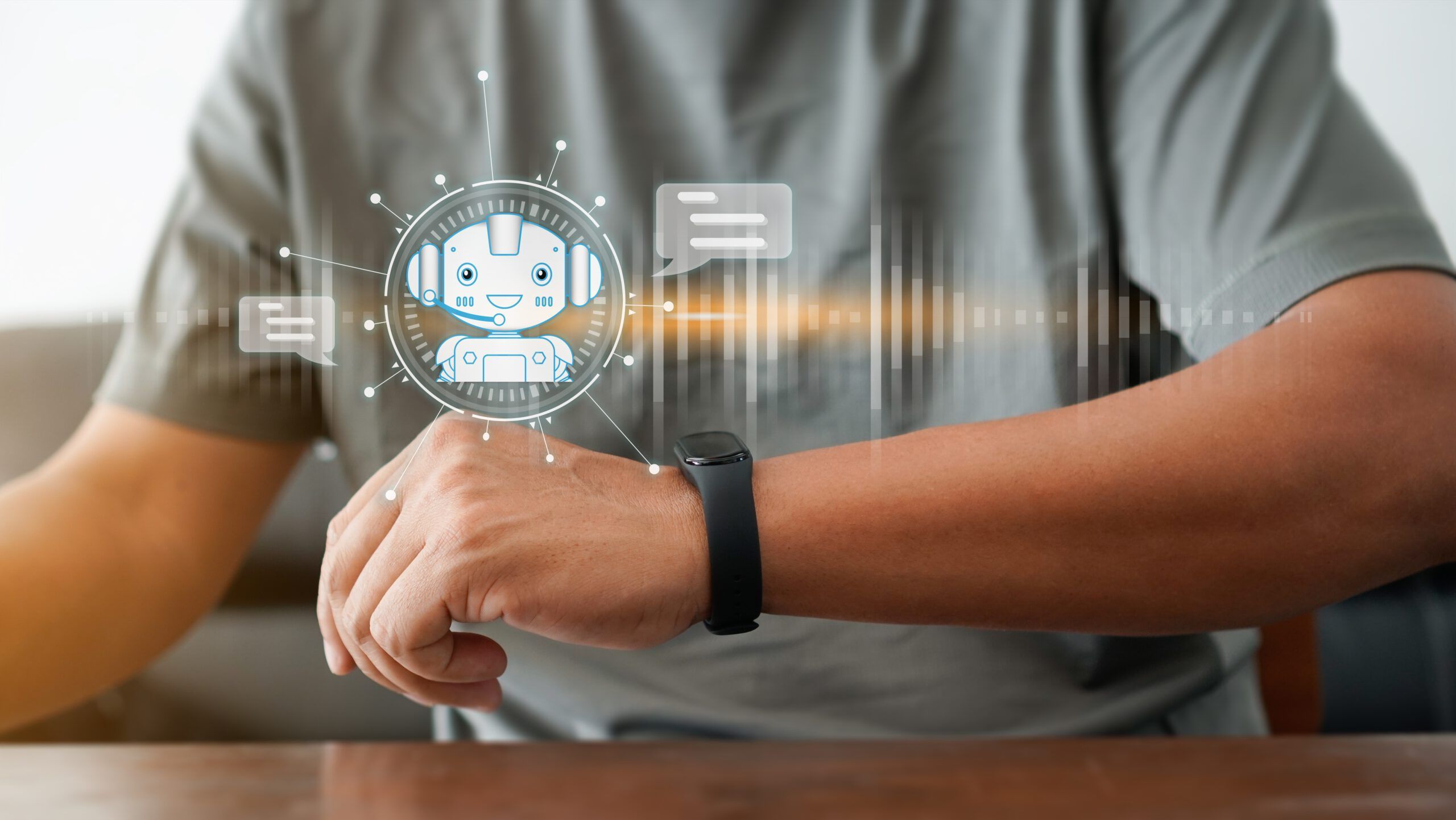- Many Americans are increasingly concerned about the growing usage of Artificial Intelligence (AI).
- These concerns have increased calls for increased oversight of AI usage and stronger regulations on its implementation.
Artificial Intelligence (AI) has become increasingly important in our lives in recent years. But as the technology evolves and its applications expand, so too have concerns about its potential impact on individuals and households.
According to a recent BanklessTimes.com report, 38% of the general American population are more concerned than excited about the growing usage of AI in their lives. The report also shows 15% are more enthused than concerned, whilst 46% are equally uneasy and excited about its adoption.
Furthermore, it reveals a correlation between the technology’s awareness and attitudes toward it. Of those with a high understanding of AI, 31% are more worried than excited and 21% are more thrilled by its use. On the other hand, of those with a low grasp of it, 42% are more anxious, while 12% are more excited about it.
So, Why Are Americans Concerned About Increased AI Usage?
Jayson Andrews, CEO of BanklessTimes.comWe can use AI to collect large amounts of data on people – both willingly and unwillingly – which raises serious questions about what happens with this information. There are many positives that we can gain from AI usage. But first we need to assure users of their safety while using the technology.
Merry adds that with hacking becoming commonplace, there are fears that AI could create opportunities for criminals to access this data compromising security. In addition, some worry that intelligent systems could lead to a surveillance state where an all-knowing machine monitors one’s every move. That could lead to major infringements on personal freedom.
Another concern revolves around job security, as many fear AI will replace human labor. Given the increasing use of automated systems in areas such as customer service, there are worries that these machines could displace human workers.
That would leave them without income or employment prospects. Additionally, some see AI as lacking the flexibility and creativity traditionally associated with human workforces.
AI’s Ethical Problem
The ethical implications of AI are also a major source of debate. Questions arise over who is responsible for decisions made by AI-driven systems and whether or not they should adhere to certain codes of ethics set out by society.
Additionally, there needs to be more transparency regarding how companies use algorithms for decision-making processes. Again, many people worry about using AI in areas like healthcare and criminal justice, where decisions made by algorithms can have serious consequences on individuals’ lives.
Such worries are bolstered by reports suggesting that existing computer models can reflect human bias when making decisions due to inaccurate data or programming errors, potentially leading to unintended consequences.
Finally, there are concerns about AI’s potential implications for democracy and freedom of speech. We live in an era where tech giants wield considerable power over what we consume through targeted advertising or censorship algorithms.
Consequently, there is a fear that they could use these technologies to manipulate public opinion or suppress certain ideologies.
Calls for Increased Regulations
These concerns have led to calls for increased oversight of AI usage and stronger regulations on its implementation. A study comparing American and British Google users had many respondents agreeing that AI will play a central role in our lives in the future.
The majority of them also acknowledge that there’s a need to control AI adoption. According to the study, 59% of Americans and 61% of British respondents believe AI will help us in most of our daily tasks.
That said, skepticism about the technology still abounds. A larger proportion of both nationalities (73% American and 66% British) feel we need to observe its development so that it doesn’t get out of control.












